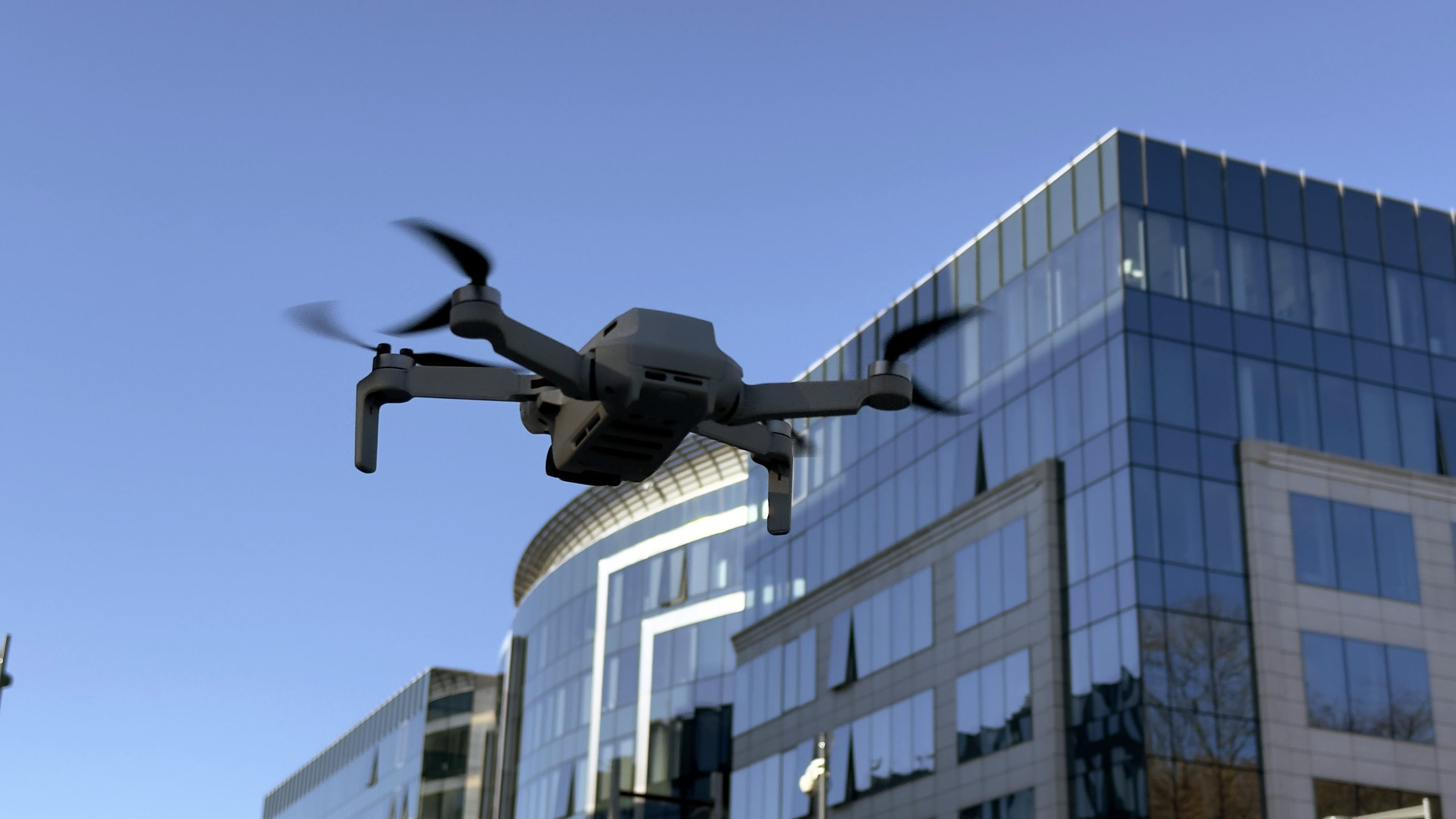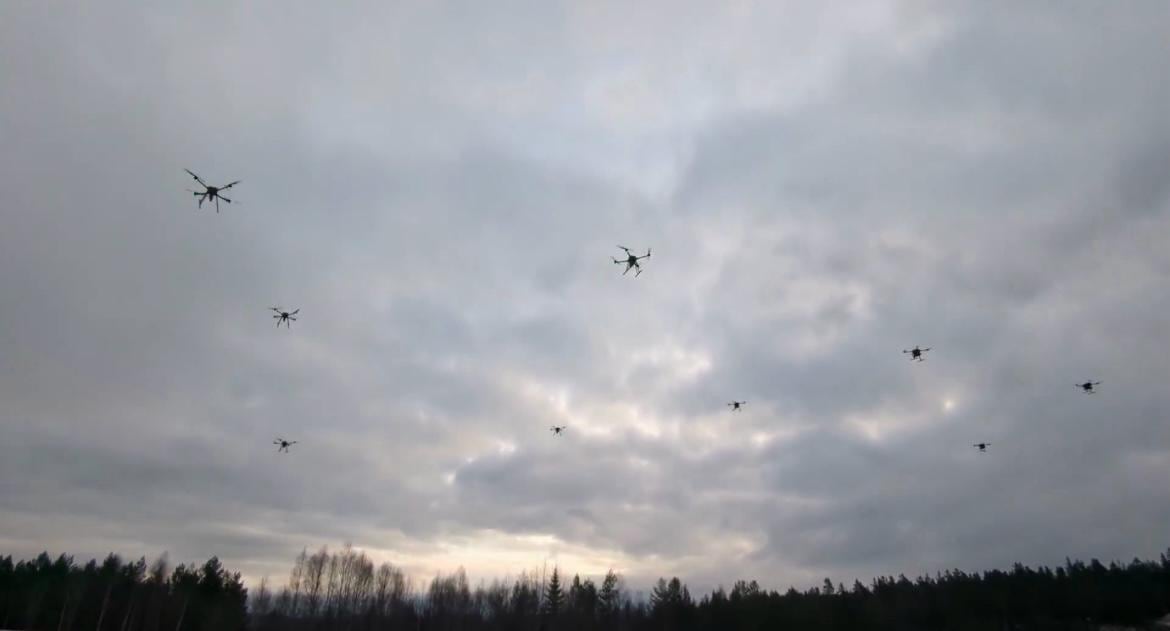San Diego — VADM Jan Tighe, commander of the Navy's Fleet Cyber Command and the Tenth Fleet, told an audience at West 2015, that the Navy is at "the end of the beginning" in information dominance.
In 2009, the Navy combined the N2 Intelligence and N6 Communications Networks into an Information Dominance portfolio under a Deputy Chief of Naval Operations, she said.. It also created an information dominance strategy that reframes "information in warfare" as "information as warfare."
Click here for all of our coverage of West 2015.
The following year, the service set up the Fleet Cyber Command and reestablished the 10th Fleet its commander reporting directly to the Chief of Naval Operations as an Echelon II Command and as a Navy component to US Cyber Command.
Finally, the Navy Information Dominance Type Forces Command was established last October.
Tighe said that that the Navy understands the growing threat posed by cyber attacks and has been "making choices to keep pace with this threat." Informed by the Task Force Cyber Awakening, the service plans to invest $1 billion over fiscal years 2014 through 2020, although Tighe admitted sequestration would make that goal hard to reach.
The Navy is also building 40 mission teams as part US Cyber Command's Cyber Mission Force. "This will be our expeditionary, maneuver elements," she said, adding that her command has also been updating strategic plan, which will be completed by the end of month.
"We operate the Navy network as a warfighting platform," she said, which means looking at the network's availability for a variety of Navy missions and making sure it is secure.
While cyber ought to be treated like any other domain, Tighe argued that cyber warriors cannot just focus on near-peer powers. In a network, anyone can do damage, and the stakes are very high, be they economic losses or even attack on American political freedom as in the case of the Sony hack.
Accordingly, collaboration between the US military, American companies, civilian bodies, and allies is important. "We need to be hunting as a pack in this space and not independently," she said.








